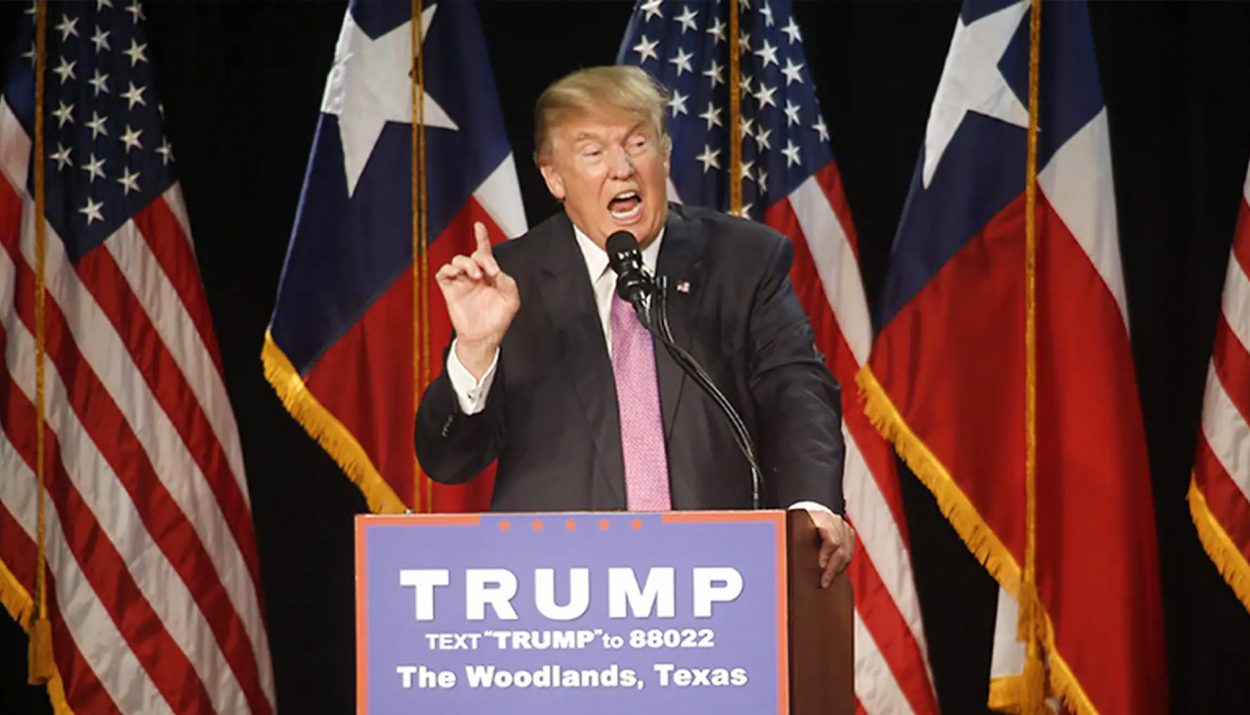It’s a common misconception that Texas, as a state, can secede from the Union the way the Confederacy did at the beginning of the Civil War. While it’s not true that Texas – or any other state – can exit the union of the United States, that doesn’t stop some Texans from believing it.
A Bill Connecting Texas to the Rest of the Country
This belief has driven outrage from a small group of Texas secessionists, in reaction to a new bill that has been introduced in the Texas state legislature. The bill would require the state’s power grid to connect to the nation’s major electric grids for the first time.

Texas is a unique state in that it has its own minor power grid that isn’t connected to the greater United States. It is controlled by the Electric Reliability Council of Texas, and as it doesn’t cross state lines, is largely exempt from any federal power regulations.
The Power Grid in the News
The Texas power grid has made an appearance in local and national politics multiple times over the last several years. With climate change causing massive weather fluctuations in the Lone Star State, the power grid has faced unique challenges that hadn’t been an issue before the last decade.

Notably, a massive winter storm in 2021 saw rolling blackouts across the state of Texas as the storm put many different electricity production methods out of commission. More than 4 million people were affected by this particular storm, and more than 150 people died as a result of the lack of power.
Democratic Lawmakers’ Proposition
Because of these shortfalls, and the fact that the Texas power grid has remained separate purely for political reasons, there has been a growing group of constituents and politicians calling for Texas to join the national electrical grid, rather than remaining separate.

The new bill introduced in the Texas State Legislature would force this connection. It is called the “Connect the Grid Act” and was introduced by Democratic lawmakers during a legislative session last week. The act aims at ensuring that the state’s power grid doesn’t fail again like it did in 2021.
An Explanation for the Proposal
Representative Greg Casar, one of the supporters of the bill, offered an explanation as to the drastic potential policy change. He said that by requiring the Electric Reliability Council of Texas (ERCOT) to connect to neighboring grids, Texas would be able to prevent the tragedy that was seen in 2021 from happening again in the future.
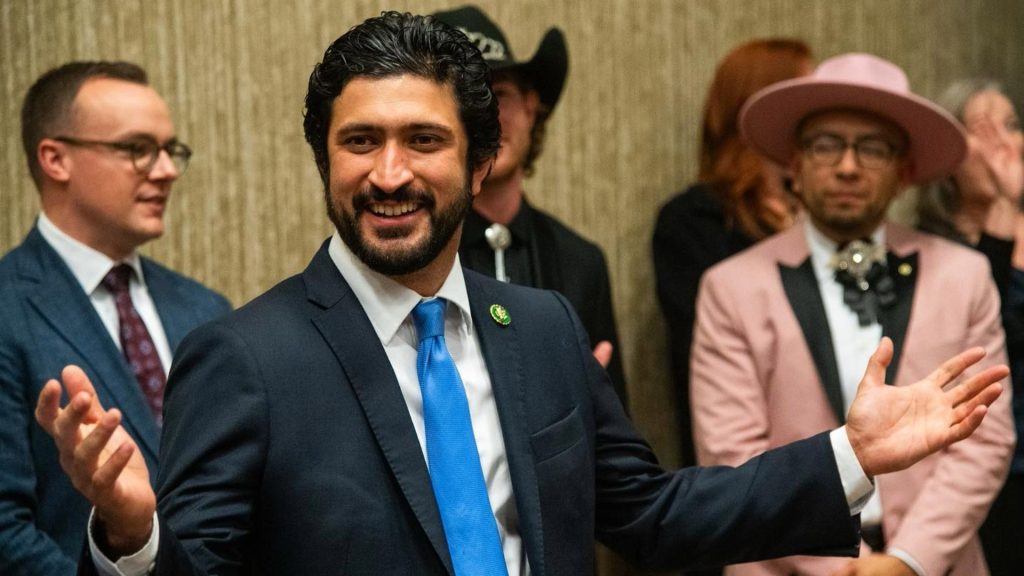
While the proposal to connect to the greater United States power grid has been met positively by many Texans, there is a small and vocal group of individuals who have come out vehemently against the provisions of the bill. These individuals claim to be Texas “Nationalists,” and are pushing for the separation of Texas from the United States.
A Statement from Secessionists
In a statement that was released on behalf of the Texas Nationalist Movement, a spokesperson said, “Texas needs to be less dependent on the federal government, not more. These politicians want to mismanage our electric grid just like they mismanage our border.”
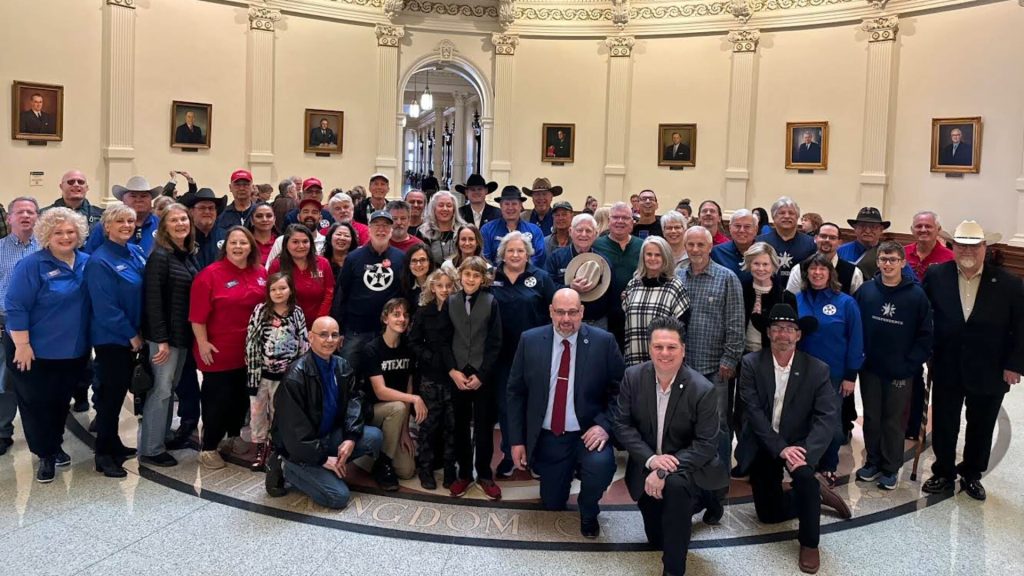
The statement continued, “We reject this idea wholeheartedly, and encourage Texans to call their legislators to urge them to defeat this legislation. This is a direct attack from the progressive left to try and stop Texit.” This, of course, is a play on the words Texas and exit, much like the term Brexit came into existence after Britain left the European Union.
Calling on Greg Abbott
The Texas Nationalist Movement has gone further than merely releasing a statement on the proposal, though. Daniel Miller, the president of the TNM, has called on Greg Abbott, the Republican governor of Texas, to call a special session of the legislature to pose the question to voters.

Miller even went so far as to go on social media and brag about delivering a petition with more than 170,000 signatures to Abbott’s office personally. The petition was from Miller and other supporters of state secession, calling for Abbott “to honor the wishes of the voters.”
Texas Cannot Secede From the Union
Abbott has yet to respond to the calls for a special session of the state legislature, and at the end of the day, it’s actually a non-issue. Constitutionally, no state can secede from the Union. This was a provision that was instated after the end of the Civil War, and Texas is not an exception to this rule.
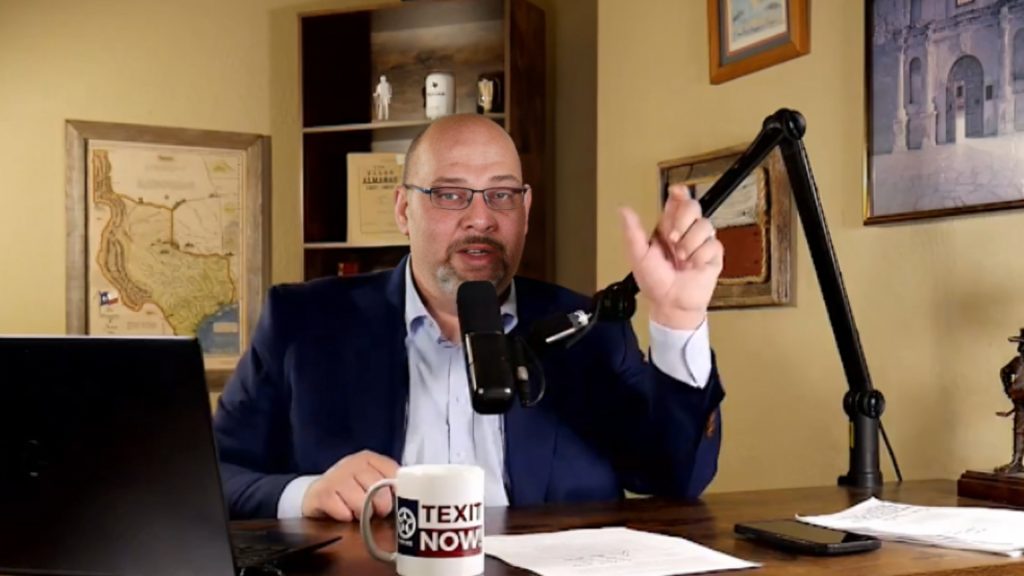
Texas Nationalists are determined to ignore this fact, and have been firm in their belief that Texas can, in fact secede from the union. They see this new bill connecting the state and federal power grids as confirmation of this ability, and an attempt to stop their ultimate goal of becoming an independent country.
The Nationalist Movement Gaining Traction
In a statement to Newsweek, Miller stated that the secessionist movement has been gaining steam over the last three decades. He is convinced that eventually, he and his supporters will be powerful enough to be successful and force the exit of Texas from the United States to become its own country.
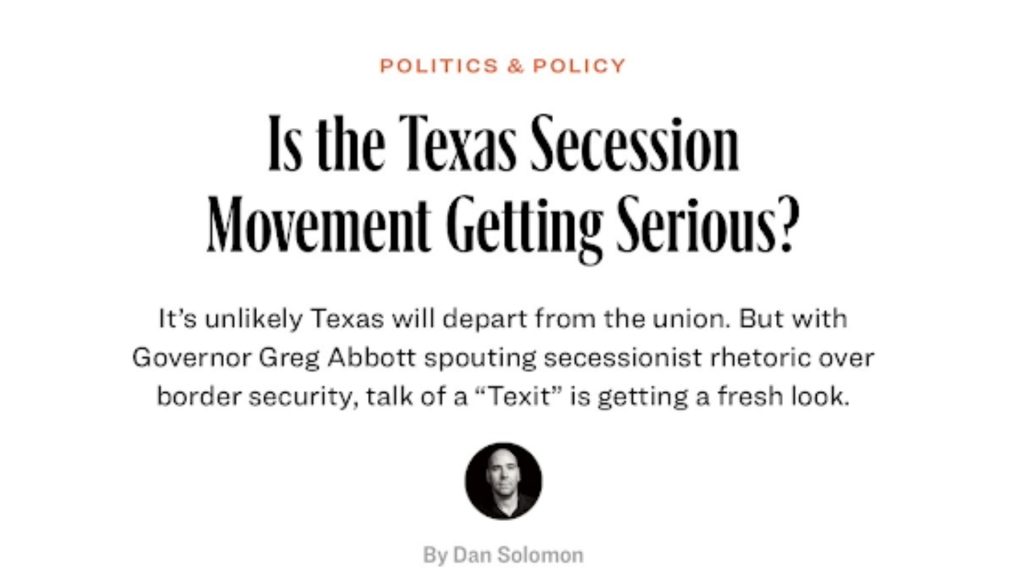
“I think the trajectory the federal government is on, the trajectory that Texas is on, I think we are headed in that direction. So whether by conscious decision or collapse of the federal system in its inability to meet its basic requirements, I think Texas becomes an independent nation definitely inside of 30 years,” he finished.
Ultimately, Up to the Legislature
Miller’s convictions do not change federal law, and it will be interesting to see whether the push to connect the Texas and federal power grids is successful. The outrage from Texas Nationalists is fairly inconsequential in terms of the grand scheme of things, and ultimately, it will come down to Texas Republicans and Abbott.

Given the politicization of the power grid, and how firmly Republicans hold onto Texas’ independence from the greater United States, it seems unlikely that the bill will pass. It’s an important conversation to have ahead of election season, though, and will give the voters a better idea of the party’s stances on important issues moving forward.

